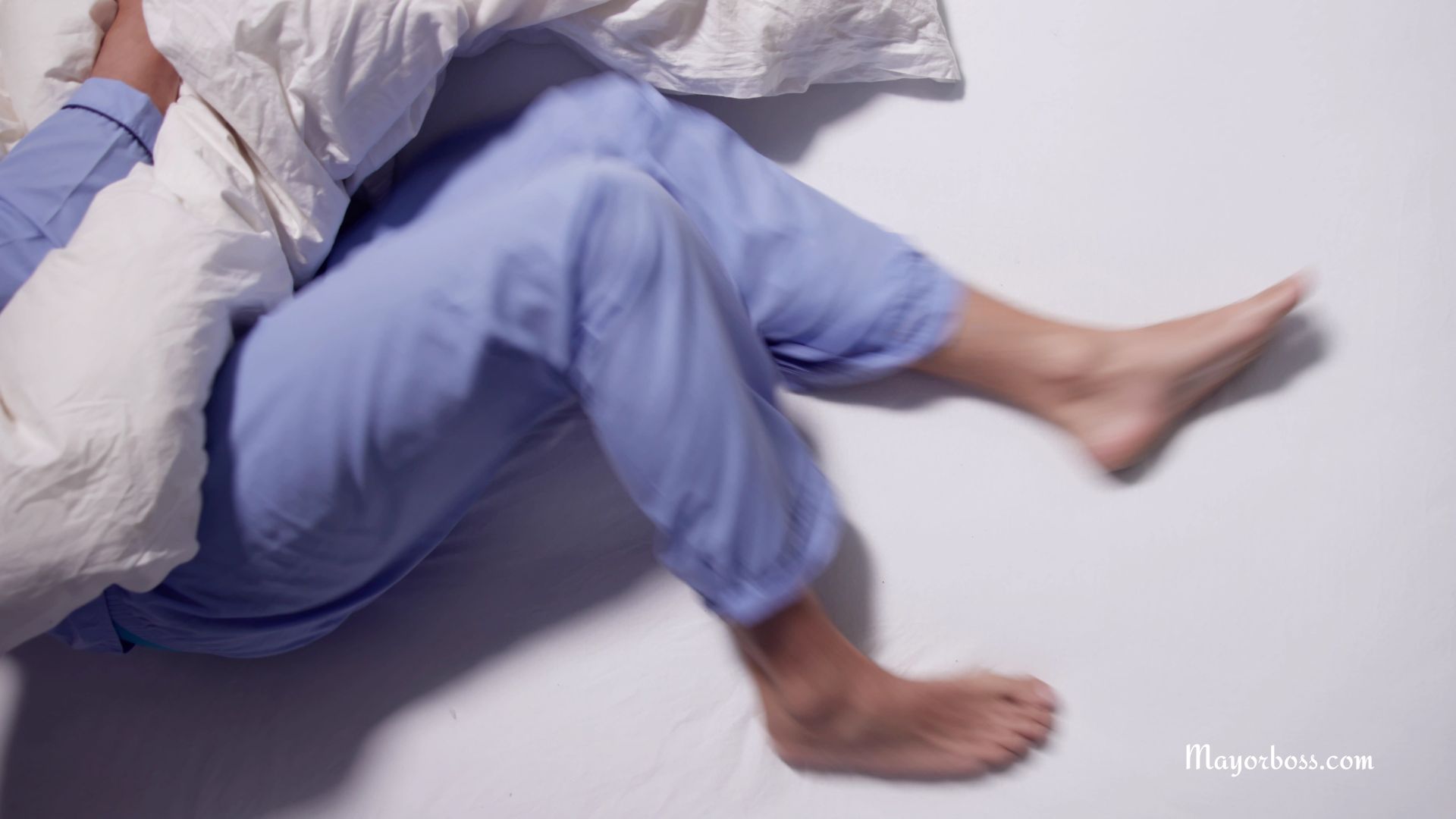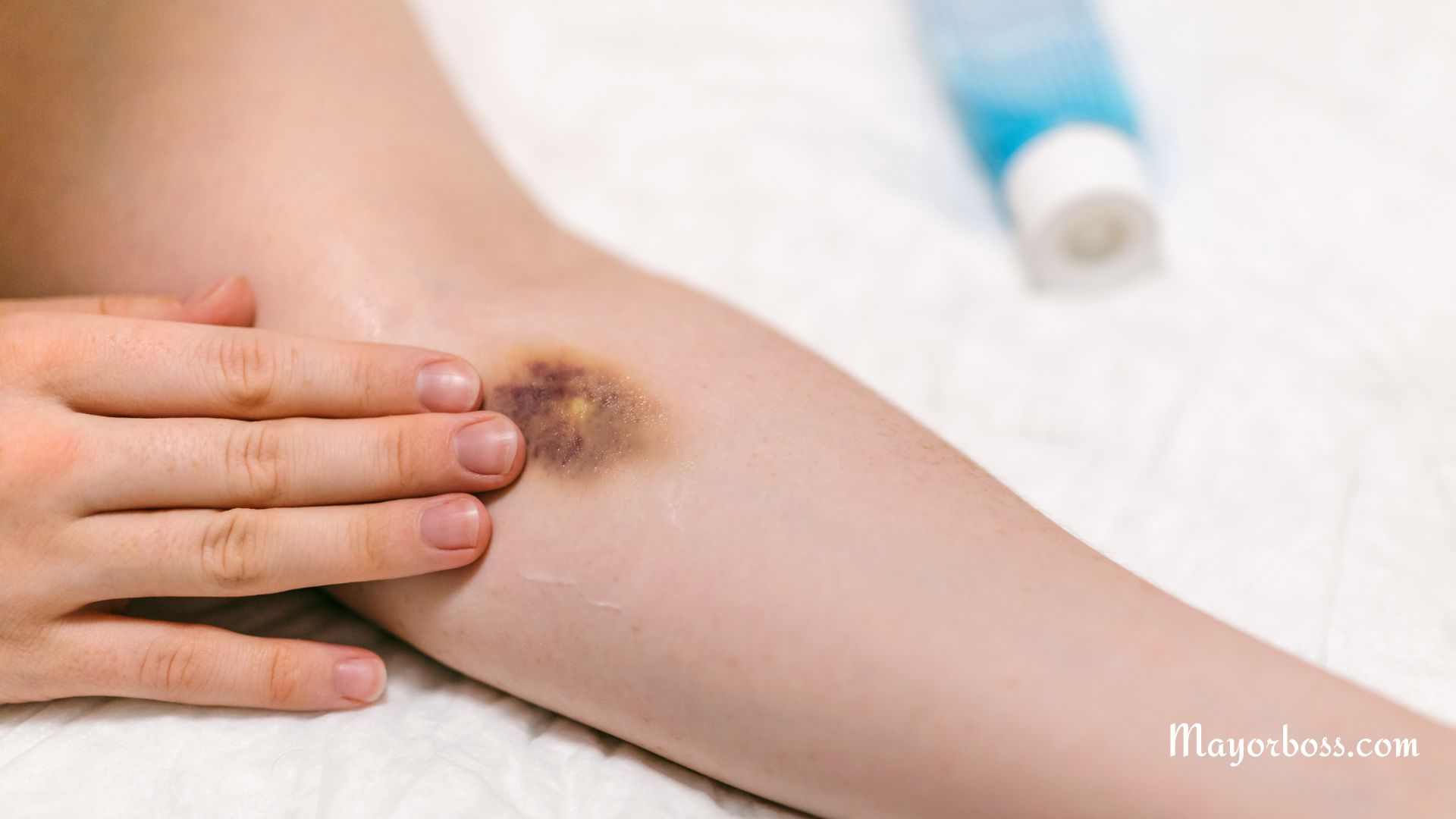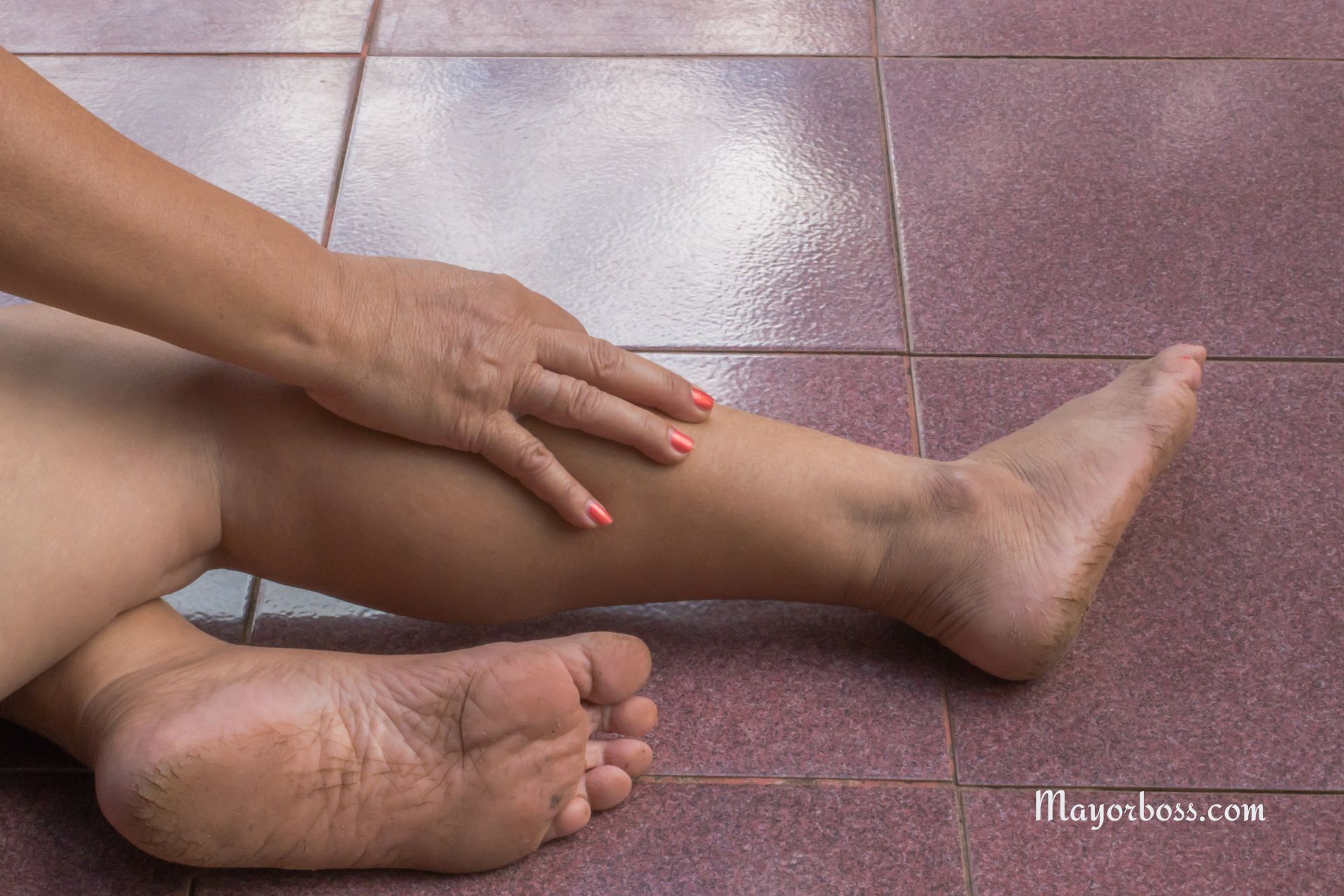What Would Happen If You Didn’t Brush Your Teeth for a Year?
Let’s be honest: brushing your teeth might seem like a chore sometimes. But have you ever wondered what would happen if you decided to skip this daily routine for an entire year? The results are not pretty, and here’s why.

Immediate Effects
In the first few days without brushing, you might not notice much, but bacteria are already at work. Your mouth is home to hundreds of types of bacteria, and they feast on the food particles left between your teeth. Normally, brushing disrupts this feast, but without it, plaque starts to build up.
Short-Term Consequences
After a week or two, you’ll start seeing more noticeable changes. Your breath will take a turn for the worse. That’s right, bad breath or halitosis becomes a constant companion because the accumulated plaque harbors smelly bacteria.
Your teeth will begin to feel fuzzy, and a yellowish or even brownish layer of plaque will become visible. This plaque is not just unsightly; it’s the beginning of tooth decay.
Mid-Term Troubles
A month into this experiment, your gums will start to protest. You might notice them becoming red, swollen, and tender. This is the start of gingivitis, the mildest form of gum disease. And you’d be right to worry because gingivitis can progress to something much worse if left untreated.
Long-Term Nightmares
As the months roll on, the situation in your mouth becomes increasingly dire. The plaque hardens into tartar, which is much harder to remove and requires professional dental intervention. Your gums might start to bleed when you eat or even when you talk.
Cavities will likely form, leading to tooth pain and sensitivity. The longer you go without brushing, the deeper the decay can penetrate, eventually reaching the tooth’s nerve and causing excruciating pain.
The One-Year Mark
After a full year without brushing, you’re not just looking at cosmetic issues. You’re facing serious dental health problems. The risk of periodontitis, an advanced form of gum disease, skyrockets. This condition doesn’t just affect your gums; it attacks the bone that supports your teeth. Teeth can become loose or even fall out.
The bacteria in your mouth don’t stay there. Research shows that poor oral health is linked to other health issues like heart disease, diabetes, and respiratory infections. So, the impacts go beyond just your smile.
The Bottom Line Is This
Not brushing your teeth for a year can lead to severe oral health issues, including gum disease, cavities, and tooth loss, and may also contribute to more serious systemic health problems. Regular dental hygiene is essential for maintaining both oral and overall health.
Frequently Asked Questions
- Can mouthwash replace brushing? Not exactly. While mouthwash can kill bacteria and freshen your breath, it doesn’t remove plaque like brushing does. You still need to brush to physically remove the buildup.
- How quickly can dental health deteriorate? Surprisingly enough, dental health can start to decline within a few days of not brushing. Plaque builds up quickly, and its effects can be seen in as little as 24-48 hours.
- What’s the minimum I should brush my teeth? Dentists recommend brushing at least twice a day with fluoride toothpaste. It’s the best way to ensure your teeth and gums stay healthy.
So, are you ready to make sure you brush your teeth tonight? Keep in mind that it’s not just about avoiding a dental disaster; it’s about protecting your overall health!






